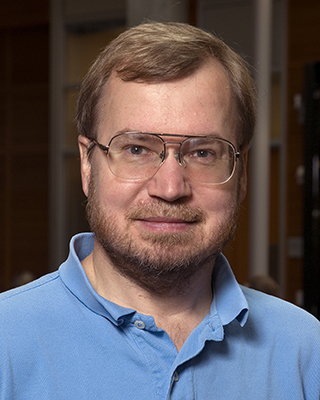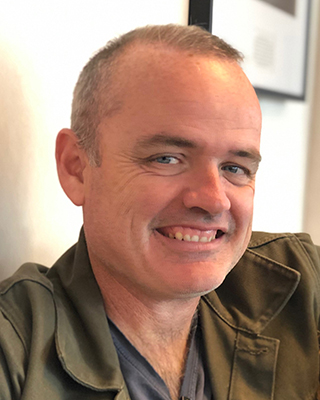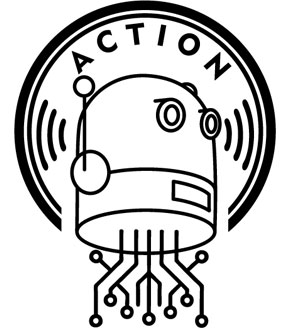Our researchers are driving innovation across the entire hardware, software and network stack to make computer systems more reliable, efficient and secure.
From internet-scale networks, to next-generation chip designs, to deep learning frameworks and more, we build and refine the devices and applications that individuals, industries and, indeed, entire economies depend upon every day.
Research Groups & Labs

Sampa
Sampa is an interdisciplinary computer architecture group whose research crosses multiple layers of the system stack, from hardware to programming languages and applications, motivated by new device technologies and applications.
Bespoke Silicon Group
The Bespoke Silicon Group aims to bring hardware design to its highest art and rapidly conceive of, design and implement entirely new kinds of hardware faster than has ever been done before.
Faculty Members
Centers & Initiatives
MEM-C is a NSF Materials Research Science and Engineering Center that integrates materials innovations with theory and computation to advance spin-photonic nanostructures and elastic layered quantum materials, aided by an “AI Core” that integrates artificial intelligence-driven materials discovery.
The NSF AI Institute for Agent-based Cyber Threat Intelligence and Operation (ACTION) seeks to change the way mission-critical systems are protected against sophisticated, ever-changing security threats. In cooperation with (and learning from) security operations experts, intelligent agents will use complex knowledge representation, logic reasoning, and learning to identify flaws, detect attacks, perform attribution, and respond to breaches in a timely and scalable fashion.
Highlights
Allen School News
Allen School News
Allen School News









